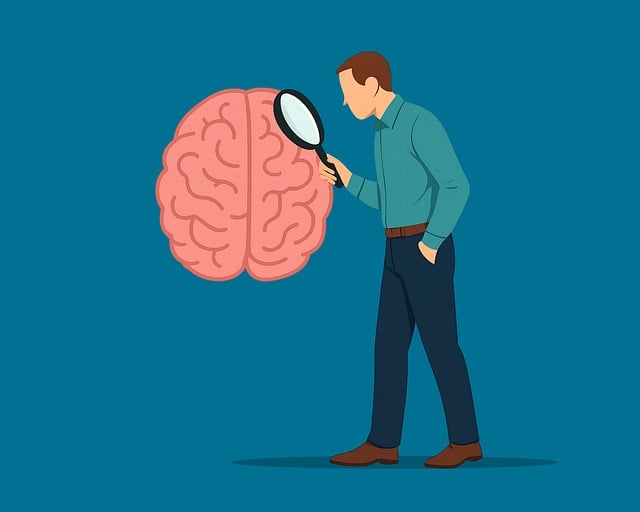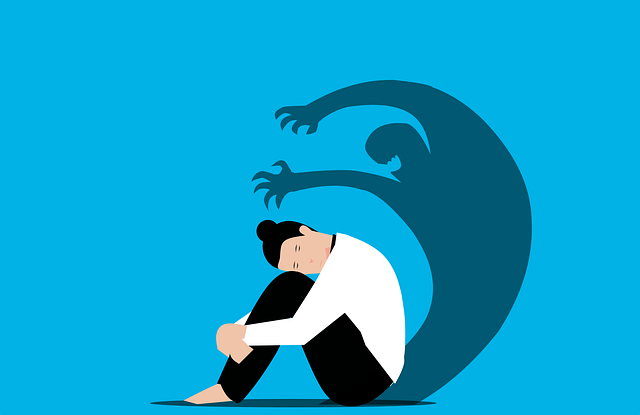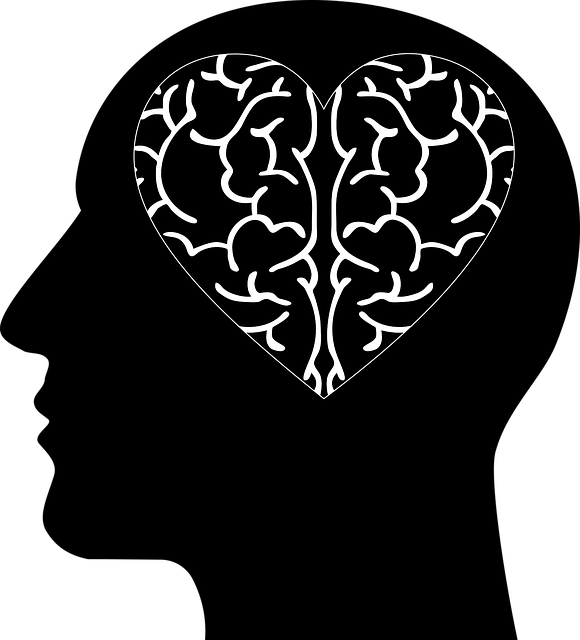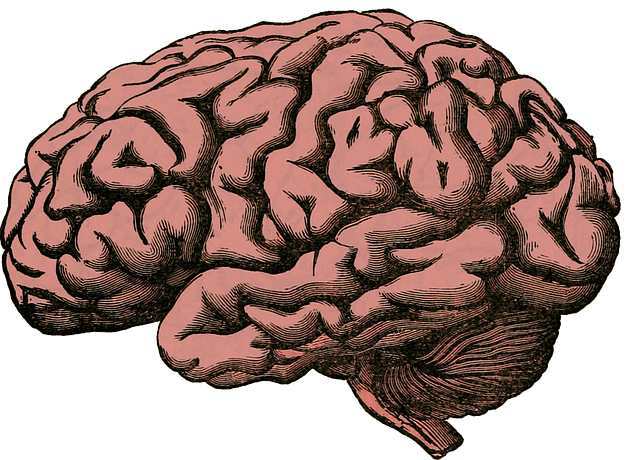Cultural sensitivity in mental healthcare, as demonstrated by Parker EMDR Therapy, is crucial for addressing diverse patient needs. By understanding cultural beliefs and values, providers can build trust with patients from various backgrounds. This approach adapts traditional EMDR techniques to respect diverse experiences, ensuring clients feel understood and validated. Culturally sensitive practices improve care quality, promote equity, and offer compassionate support tailored to each patient's unique context, aligning with Mental Health Policy goals for improved access and effective stress reduction.
Cultural sensitivity is an essential aspect of mental healthcare, ensuring equitable and effective treatment for diverse patient populations. This article explores the nuances of cultural sensitivity in practice, with a specific focus on Parker EMDR Therapy as a culturally responsive approach. We delve into strategies that clinicians can employ to navigate cultural differences, improve patient outcomes, and foster inclusive care environments. By understanding and incorporating these practices, mental health professionals can provide tailored support, especially when working with clients from diverse backgrounds who may face unique challenges.
- Understanding Cultural Sensitivity in Mental Healthcare
- Parker EMDR Therapy: A Culturally Sensitive Approach
- Strategies for Practicing Cultural Sensitivity in Clinical Settings
Understanding Cultural Sensitivity in Mental Healthcare

Cultural sensitivity is a cornerstone in modern mental healthcare practice, recognizing and respecting the diverse beliefs, values, and traditions that shape individuals’ lives. It involves understanding how cultural factors can influence experiences of mental illness and response to treatment. This awareness is crucial for building trust between patients from various backgrounds and healthcare providers. For instance, techniques like Parker EMDR Therapy have been adapted to incorporate cultural sensitivity, ensuring effective treatment for a broader spectrum of clients.
Emotional intelligence, stress management, and healthcare provider cultural competency training play pivotal roles in fostering culturally sensitive environments. Training equips professionals with skills to navigate diverse cultural contexts, recognize unconscious biases, and adapt therapeutic approaches. This not only enhances the quality of care but also promotes equity and inclusivity, ensuring that every patient receives compassionate, tailored support.
Parker EMDR Therapy: A Culturally Sensitive Approach

Parker EMDR Therapy offers a culturally sensitive approach to mental healthcare, recognizing that every individual carries their unique cultural background into therapy. This evidence-based method adapts traditional Eye Movement Desensitization and Reprocessing (EMDR) techniques to respect diverse beliefs, values, and experiences. By embracing cultural sensitivity, Parker EMDR ensures that treatment remains effective while also being inclusive and respectful.
The therapy’s flexibility allows therapists to incorporate culturally relevant interventions, ensuring that clients feel understood and validated. This tailored approach not only boosts confidence in therapy but also facilitates deeper processing of traumatic memories. In the context of Mental Health Policy Analysis and Advocacy, such culturally sensitive practices underscore the importance of addressing the nuanced needs of diverse communities, potentially leading to improved access to quality mental healthcare services and effective Stress Reduction Methods for all.
Strategies for Practicing Cultural Sensitivity in Clinical Settings

In clinical settings, practicing cultural sensitivity is paramount to delivering effective mental healthcare. One powerful tool that incorporates cultural awareness is Eye Movement Desensitization and Reprocessing (EMDR) therapy, as advocated by experts like Parker. This approach recognizes and respects individual cultural backgrounds, beliefs, and experiences, ensuring that treatment aligns with the patient’s context. By integrating EMDR techniques, therapists can facilitate a deeper understanding of a client’s unique perspective, which is crucial for building trust and fostering open communication.
To enhance cultural sensitivity, healthcare providers should engage in ongoing professional development, including workshops and training sessions focused on diverse populations. Encouraging self-reflection and intercultural conversations within the therapeutic environment allows professionals to recognize their own biases and improve patient outcomes. Additionally, creating a safe, inclusive space where patients feel comfortable sharing their cultural practices and traditions can significantly contribute to successful treatment, particularly when combining evidence-based therapies like EMDR with traditional healing approaches.
Cultural sensitivity is a cornerstone of modern mental healthcare, and integrating practices like Parker EMDR Therapy ensures a more inclusive and effective treatment experience. By understanding diverse cultural contexts and employing strategies that respect individual beliefs and values, mental health professionals can create safe spaces that foster healing. This approach not only enhances patient outcomes but also strengthens the bond between care provider and client, ultimately revolutionizing the way we navigate complex emotional landscapes.














